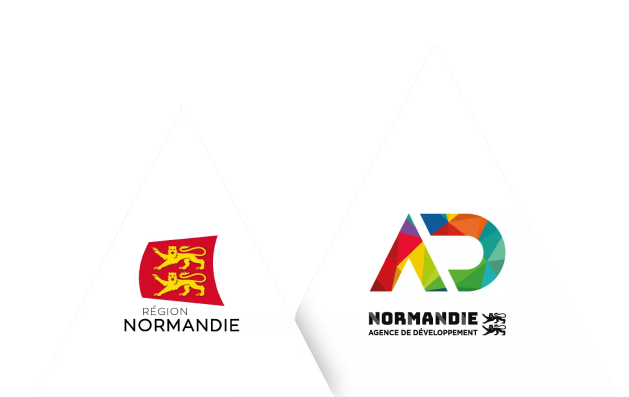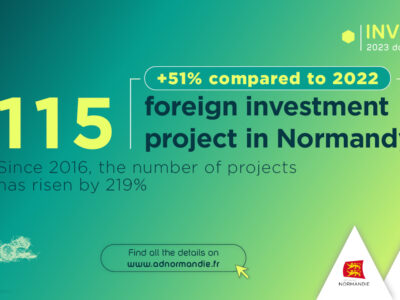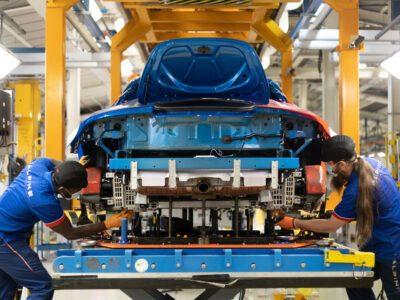Plastic should be a component that makes life easier. However, while it’s very resistant and useful, it also brings many environmental challenges. But Normandy has risen to this environmental challenge to set out its stall as a pioneer in plastic recycling. As an industrial region, Normandy has decided to contribute to reducing its environmental impact, notably by positioning itself as a leader in the recycling sector.
Why is Normandy the right place to develop recycling?
The region has a number of strengths, which help innovative development in the plastics sector.
First of all, its geography is ideal, at the heart of Europe and open to the world. On top of this, it has a complete logistics network (rail, road, river travel, etc.), so access is easy, not only to the French capital (just up the River Seine), but also to other large European cities such as Brussels, Amsterdam, and Berlin.
Moreover, the Normandy ecosystem is ripe for the development of a plastics project. A large-scale project is coming to fruition in Normandy, with the American company Eastman having chosen the region to set-up a molecular plastics recycling plant, the biggest in the world. This plant should allow for 160 000 tonnes of waste polyesters to be recycled every year. This project is one of the cornerstones of the Region’s wish to have a long-term environmental strategy, transitioning to a circular economy with the objective of creating new value from plastic waste.
Beyond these efforts to develop the recycling sector, Normandy is also positioning itself as an innovative region for companies working in the plastics sector. An example of this is Sidel, which makes solutions for PET packaging. Sidel has just unveiled its latest innovation, called IntelliADJUST. This revolutionary solution allows Sidel’s clients to control the glass blowing process, meaning bottles can be produced of a consistent quality. This ‘avant-garde’ solution doesn’t just work with new materials, but can be extended to recycled PET, making that part of a global shift to a circular economy.
This synergy between technological innovation and environmental responsibility sets the region out as a leader in looking for plastic solutions which are both efficient and bio-responsible.





